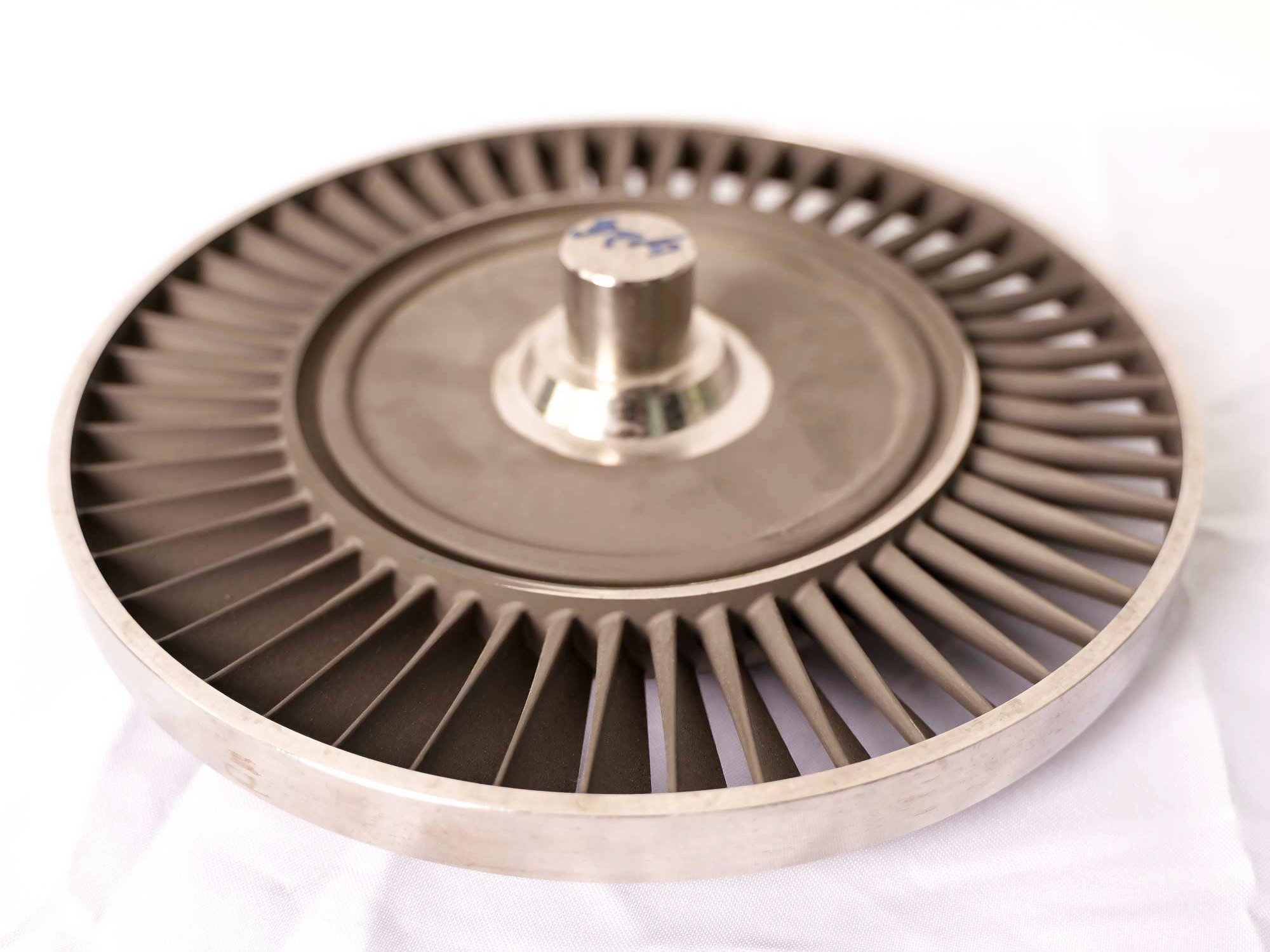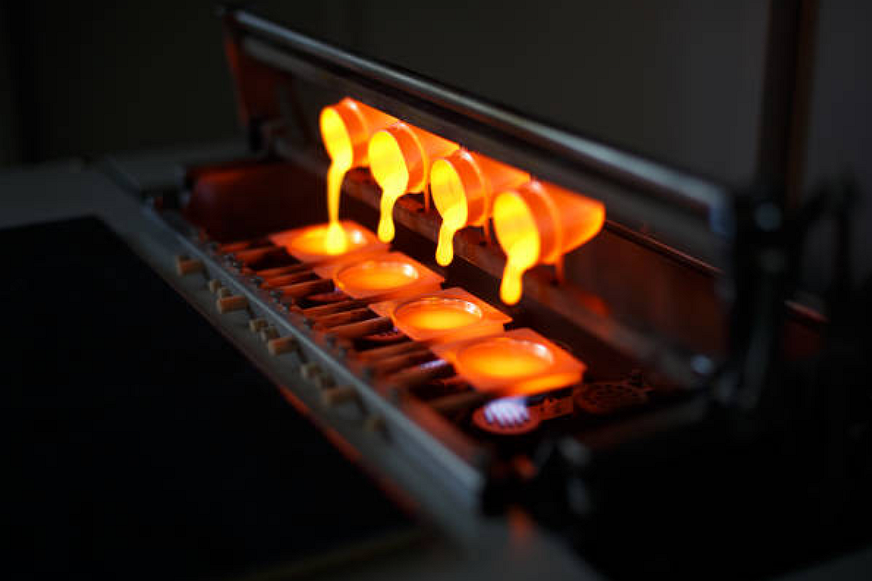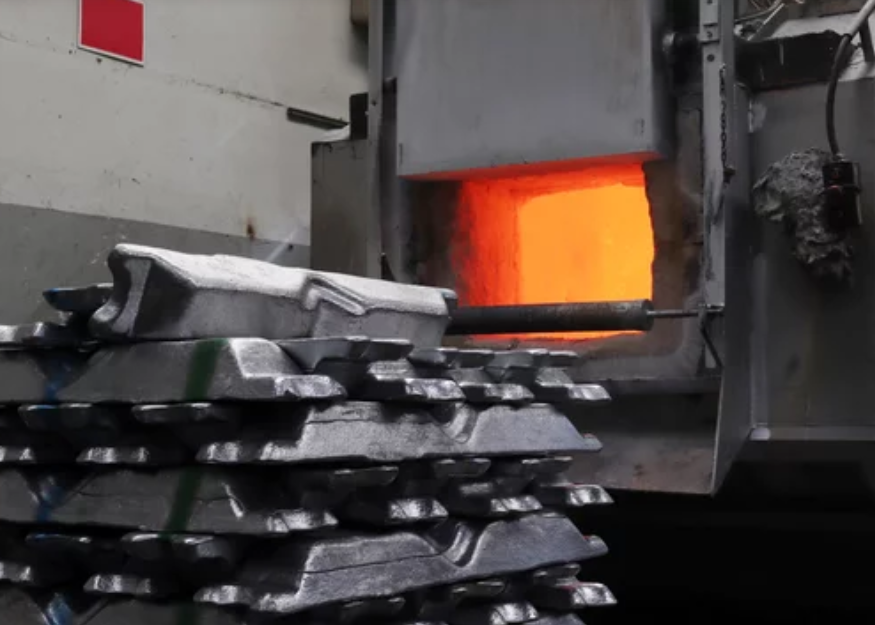Can Neway deliver full solutions for renewable energy structural parts from design to delivery?
Yes. Neway provides complete end-to-end solutions for renewable energy structural components, covering design validation, material selection, prototyping, casting, machining, welding, surface treatment, assembly, and final delivery. For critical components in energy and aerospace systems, we integrate engineering analysis with manufacturing capabilities across multiple technologies—ensuring structural reliability and high economic efficiency from concept to mass production.
Design and Engineering Support
Neway assists clients from the earliest stage using FEA, topology optimization, and design-for-manufacturing evaluation. Using digital prototyping via 3D printing prototyping and CNC machining prototyping, engineers can verify structural performance and refine mounting or connection designs suitable for large energy systems such as wind towers and solar trackers.
Casting and Fabrication Capabilities
Depending on volume and geometry, Neway leverages multiple processes, including precision casting, sand casting, and gravity casting for structural nodes and brackets. For thinner or complex geometries, sheet metal fabrication and laser cutting provide flexible fabrication routes. Material options include high-strength cast stainless steel, cast aluminum, and advanced nickel-based superalloys for high fatigue resistance.
Machining, Assembly, and Quality Control
Critical tolerances and interfaces are finalized using CNC machining, followed by dimensional verification. When assembly is required, automated welding and fixtured alignment ensure repeatability in mass production. Welded structures receive post-process heat treatment to stabilize geometry and improve fatigue life, while surface finishes such as galvanizing and powder coating protect components against harsh environmental conditions.
Post-Process and Logistics Support
Neway not only manufactures but also supports downstream needs such as inspection documentation, fatigue testing, packaging design, and logistics coordination for large-scale component delivery. For modular energy systems, we design assembly strategies to reduce on-site labor and allow plug-and-play installation. All components are tracked with digital traceability for quality assurance throughout service life.
Benefits of Neway’s Integrated Approach
Single-source responsibility from design to final delivery.
Multiple manufacturing routes—optimized to match geometry and cost targets.
Better product reliability through integrated process control.
Faster development cycles and reduced risk in industrialization.
Documented quality control and certification support.



